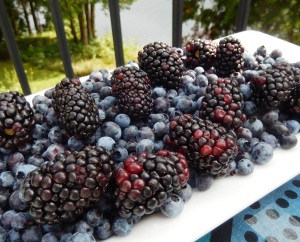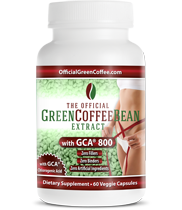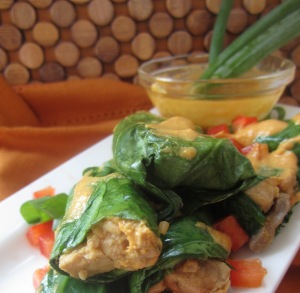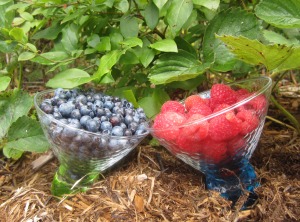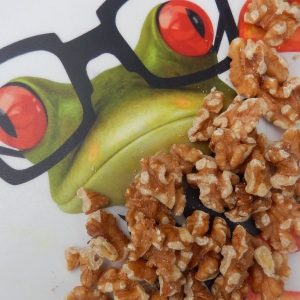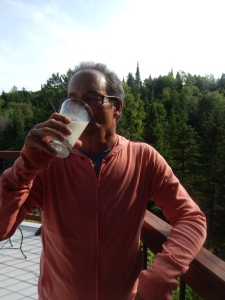 Dear 3000plus followers,
Dear 3000plus followers,
Please read this— practical advice to prevent COVID-19 from one of the foremost experts on nutrition and disease. Then go out and purchase some lemon balm and other Lamiaceaes and prime your respiratory passageways to reject the nasty buggers.
Inhale essential oils. Eat lots of herbs. Bathe your throat with tisanes. with love, Harriet







 “Again with the onions,” you’re probably screaming.
“Again with the onions,” you’re probably screaming. 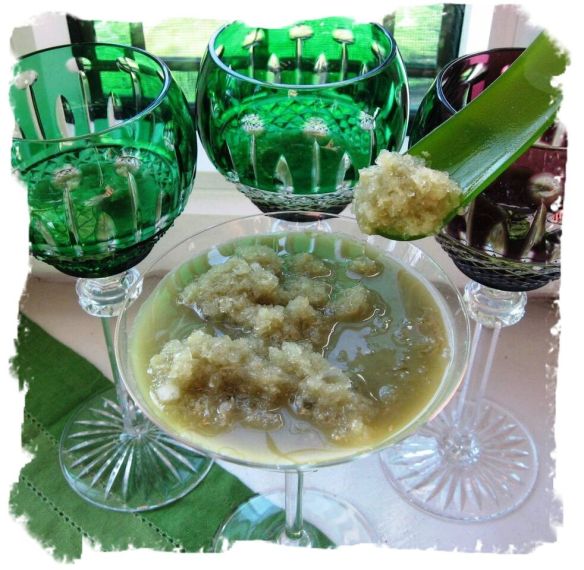 While everyone else is taking to
While everyone else is taking to 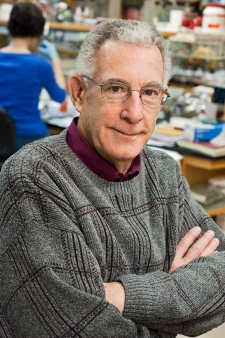

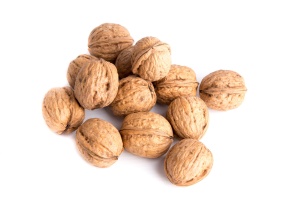 Myricetin may not
Myricetin may not Today, on World Cancer Day, go out and buy some cancer-fighting plants. Here are some musts for your anti-cancer kitchen:
Today, on World Cancer Day, go out and buy some cancer-fighting plants. Here are some musts for your anti-cancer kitchen:  Is it my imagination or has Pillsbury’s Dough Boy shed a bit of belly fat?
Is it my imagination or has Pillsbury’s Dough Boy shed a bit of belly fat? Today, on World Diabetes Day, it’s time to set the record straight: The cause of Type 2 diabetes and its precursor, insulin resistance, is
Today, on World Diabetes Day, it’s time to set the record straight: The cause of Type 2 diabetes and its precursor, insulin resistance, is 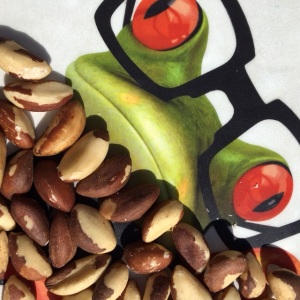 As if Brazil didn’t have enough to worry about, now comes a
As if Brazil didn’t have enough to worry about, now comes a 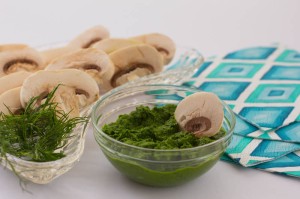 How can such a common mushroom harbor so many anti-cancer qualities?
How can such a common mushroom harbor so many anti-cancer qualities? 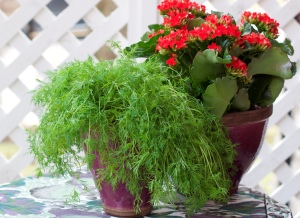

 Now that you’re no longer a “
Now that you’re no longer a “


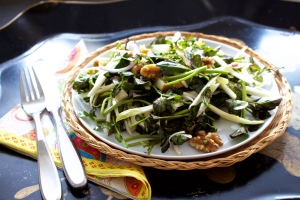
 Satellite measurements of ocean temperature (illustrated by color) and the direction of currents (white arrows) help show where radionuclides from Fukushima are transported. Large scale currents transport water westward across the Pacific. Circles indicate the locations where water samples were collected. White circles indicate that no cesium-134 was detected. Blue circles indicate locations were low levels of cesium-134 were detected. Small amounts of cesium-134 have been detected in a water sample taken Feb. 19, 2015, from a dock in Ucluelet, British Columbia. (Woods Hole Oceanographic Institution)
Satellite measurements of ocean temperature (illustrated by color) and the direction of currents (white arrows) help show where radionuclides from Fukushima are transported. Large scale currents transport water westward across the Pacific. Circles indicate the locations where water samples were collected. White circles indicate that no cesium-134 was detected. Blue circles indicate locations were low levels of cesium-134 were detected. Small amounts of cesium-134 have been detected in a water sample taken Feb. 19, 2015, from a dock in Ucluelet, British Columbia. (Woods Hole Oceanographic Institution) 